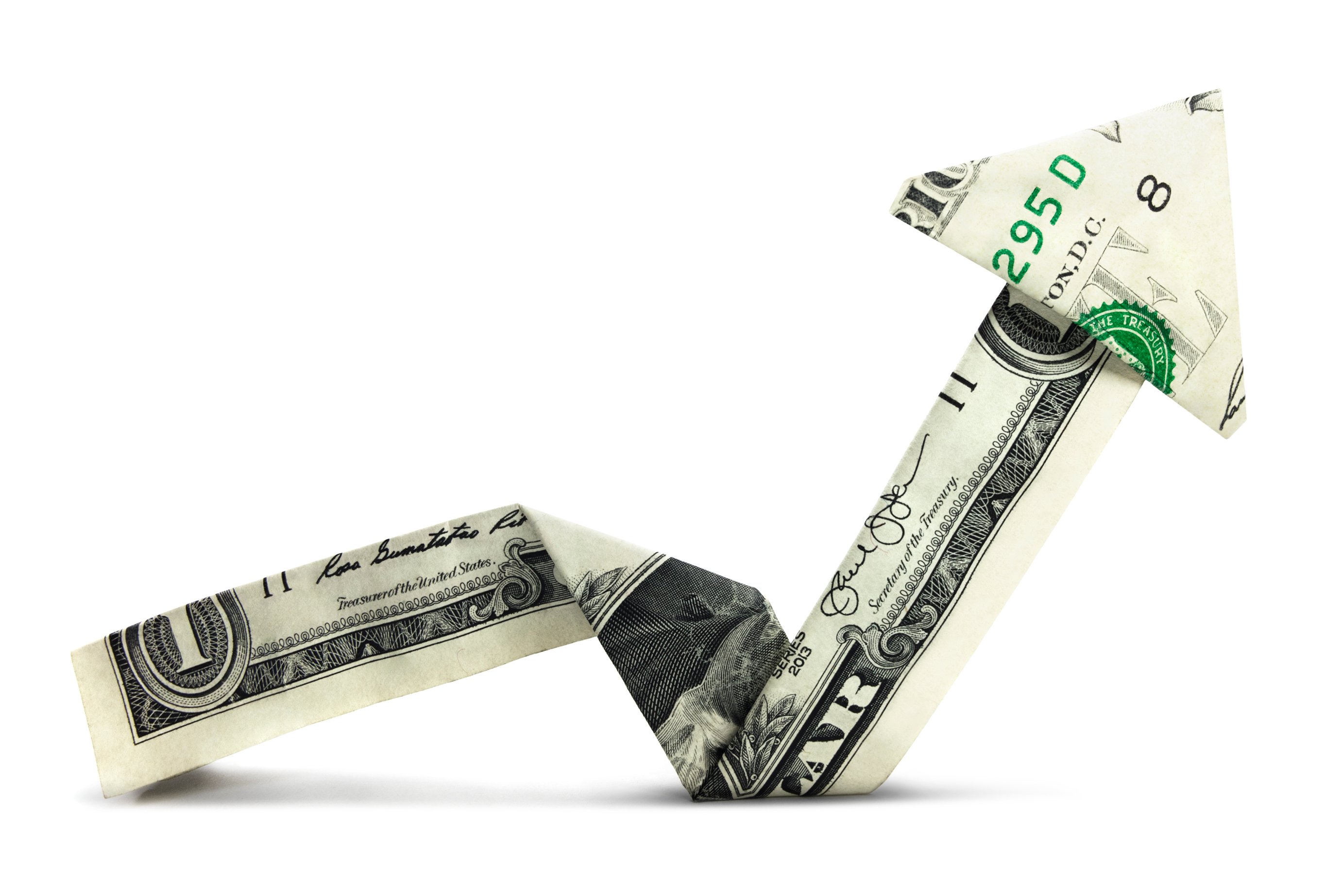There was a time when Pandora (P +0.00%) seemed like the future of the music business.
Its core product, which provided customized radio stations based on an individual user's likes and dislikes delivered a spin on radio that felt fresh and modern. The company had an impressive engine that did a good job of creating a flow of songs derived from whether customers voted thumbs-up or thumbs-down as the music played.
But the idea aged quickly once Spotify entered the United States in 2011 with its all-you-can listen offering.
Who wants ad-supported radio, even for free, even when it's customized for you, when $10 a month gets you access to pretty much every song ever recorded on demand? But Spotify and its $10-a-month offering alone was not enough to make Pandora seem as outdated as turning on your local Morning Zoo on the FM dial. It took Apple (AAPL 0.56%) entering the all-you-can stream space last year for that to happen.
A look at Pandora's struggles
Pandora has been around since 2000 and it has yet to consistently make a profit. At first, and for a long time, people accepted this and many believed that the Internet radio company could grow its way into making money. That works in some businesses where you need a certain scale of customers to cover a relatively fixed overhead before moving into profit.

Pandora creates custom radio stations based on user likes. Image source: Pandora.
Unfortunately that is just not the case here. Pandora pays a large percentage of the money it takes in to cover song royalty fees. That cost goes up or down based on how much music users listen to. The other problem Pandora has is that it's very expensive for it to acquire customers since it does not have a user base to market to like Apple does.
In Q4, Pandora earned $336 million in revenue, but spent $143 million in "content acquisition costs" (basically royalties) and $112.6 million on sales and marketing, The New York Times reported. That resulted in a loss of $19.4 million, a reverse from $12.3 million in profits the year before.
For the year revenue was up 26%, but Pandora still lost $169 million.
"After paying out royalties, there just isn't enough cash to cover its expenses," wrote TechCrunch.
Those struggles are not expected to end in 2016 when the company, according to a projection it released along with its Q4 earnings, will spend 79.2% of the revenue taken in on "cost of revenue and sales expenses" on its core streaming service. It will then spend another 26% on marketing, product development, and general administrative expenses. That adds up to 105.2% of revenue going out the door in expenses.
The company may mitigate those losses with its non-core properties, such as its Ticketfy ticket-selling service, but Pandora's main business simply costs too much in marketing and royalties to be viable.
What is Pandora doing?
Management deserves credit for carefully managing losses, but that's not enough now that listener growth has either slowed or stopped. In 2015 the company saw listener hours grow by 5%, but saw its active listener base shrink from 81.5 million to 81.1 million. Those realities, along with the company's challenge in making a profit is forcing its top brass to consider some major changes.
The first is that the company bought some of the assets of the failed streaming service Rdio. That move could be interpreted as the beginning of an effort to launch a Spotify/Apple Music-like all-you-can-stream on-demand service. That would be a major departure from Pandora's current mix of ad-supported free custom radio and a subscription service that offers the same thing minus the advertising.
Competing with Apple Music and Spotify would be a daunting challenge, but Pandora does have a large listener base to market to. The problem with doing that is the royalty costs are still high and it's unlikely the company could offer a product that differs greatly from what its competitors already offer.
The second option for Pandora -- and this might be the one that makes the most sense -- is to sell the company. The New York Times reported that the company is working with Morgan Stanley to meet with potential buyers but cited anonymous sources who said the talks were in the early stages and may not lead to anything.
It's time for a change
Pandora has proven over time that it cannot grow itself to meaningful profitability. It's also likely that aside from its core service being free its appeal to consumers has waned in favor of Apple Music and Spotify, which literally let subscribers listen to nearly any song ever recorded whenever they want to.
Trying to compete with them by launching a similar product would do little to solve Pandora's profitability problem. Instead it would add development costs and new marketing expenses for a battle where in the long run Apple's iPhone, iPad, and Mac user base give it a considerable advantage.
The more logical play here would be a sale to a company with a large user base of its own. Perhaps one of the wireless carriers would be a fit or even a cable company. Being part of a brand which has customers that could be marketed to would cheaply solve at least part of the Pandora profitability problem. Being part of a bigger entity could also let the service operate as a sweetener designed to make a more profitable product more attractive to consumers.
Pandora's leaders seem to have at least quietly admitted that the current path won't work. Diversifying into other areas like ticket sales may help, but the only real solution for the core streaming service may be a sale.








